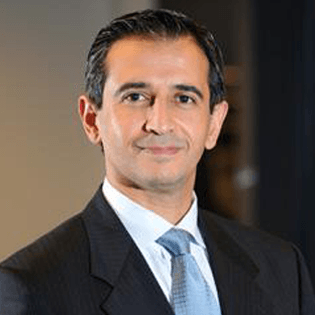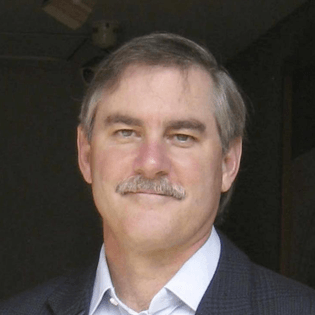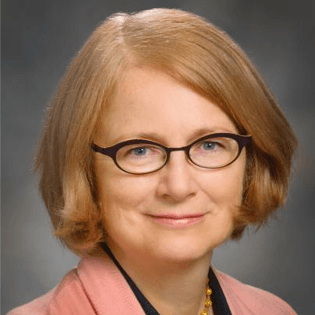Project 1. Risk Factors of Hepatocellular Carcinoma in Non-alcoholic Fatty Liver Disease

Project 1 utilizes Texas VA datasets to assemble the largest NAFLD-to-HCC study to date. This includes over 45,000 NAFLD patients in Texas and the data collected is used to determine the number of patients to develop HCC and to identify factors that increase patients’ risk for HCC.
Project PI: Fasiha Kanwal, M.D., MSHS
Houston VA HSR&D Center for Innovations, Quality, Effectiveness, and Safety (Office)
2450 Holcombe Blvd., Suite 01Y
Houston, Texas 77021
(713) 794-8614
kanwal@bcm.edu
Project 2: Metabolic Syndrome and Risk Prediction of Hepatocellular Carcinoma

Project 2 develops risk stratification algorithms based on demographic, clinical, molecular and epidemiological risk factors to identify cirrhosis patients who might benefit from prevention or intensive surveillance. They evaluate molecular and genotypic aspects of the metabolic syndrome as well as established risk factors.
Project PI: Hashem B. El-Serag, M.D., MPH
Baylor College of Medicine Medical Center
7200 Cambridge, 8th Floor, Suite 8B
Houston, Texas 77030
(713) 798-0950
hasheme@bcm.edu
Project 3: Circadian Disruption and Bile Acids as HCC Risk Factors

Project 3 identifies pathways for chemoprevention related to the role of circadian rhythm and bile acids in NAFLD, metabolic syndrome, and HCC.
Project PI: David Moore, Ph.D.
Baylor College of Medicine
One Baylor Plaza
Houston, Texas 77030
(713) 798-3313
moore@bcm.edu
Project 4: Novel Biomarkers for Hepatocellular Carcinoma

Project 4 identifies and validates novel blood markers (tests) for early HCC detection, as well as promising existing markers. They work to discover novel biomarkers for HCC detection.
Project PI: Laura Beretta, Ph.D.
MD Anderson Cancer Center
1515 Holcombe Blvd.
Houston, Texas 77030
LBeretta@mdanderson.org
Project 5: A comparative effectiveness randomized controlled trial of strategies to increase HCC surveillance

Project 5 manages the first multi-center outreach intervention aimed at improving surveillance process completion among at-risk patients with cirrhosis.
Project PI: Amit Singal, M.D.
UT Southwestern Medical Center
6363 Forest Park Boulevard
Dallas, TX 75235-9354
(214) 645-6216
amit.singal@utsouthwestern.edu
Core 1: The Cohorts and Samples Core

The CSC develops the data collection forms in electronic data management system; coordinates on-site training at study launch, and thereafter as needed; oversees enrollment, data collection and entry, timeliness, accuracy and completeness, working with Core 2 for QA/QC and correction measures when needed. The CSC will supports Projects 2,3 4 and 5.
Project PI: Jorge Marrero, M.D.
UT Southwestern Medical Center
6363 Forest Park Boulevard
Dallas, TX 75235-9354
(214) 645-1919
jorge.marrero@utsouthwestern.edu
Core 2: The Statistical Coordinating Core

The SCC ensures that all studies conducted by the THCCC are of the highest methodological quality possible. SCC will assist in all aspects of study design, conduct, and analysis for the THCCC. This core provides valid technology solutions to ensure coverage with electronic system services. SCC supports all 5 projects of the THCCC.
Project PI: Chris Amos, Ph.D.
Dan L Duncan Comprehensive Cancer Center
Baylor College of Medicine
Houston, Texas United States
chrisa@bcm.edu
The THCCC is made possible by grant RP150587 from the Cancer Prevention and Research Institute of Texas, PI: Hashem B. El-Serag; P01 CA263025 from the National Cancer Institutes, PI: Hashem B. El-Serag; and RP220119 from the Cancer Prevention and Research Institute of Texas, PI Hashem B. El-Serag. It is also supported by U01 CA230997-01, PI: Fasiha Kanwal.








